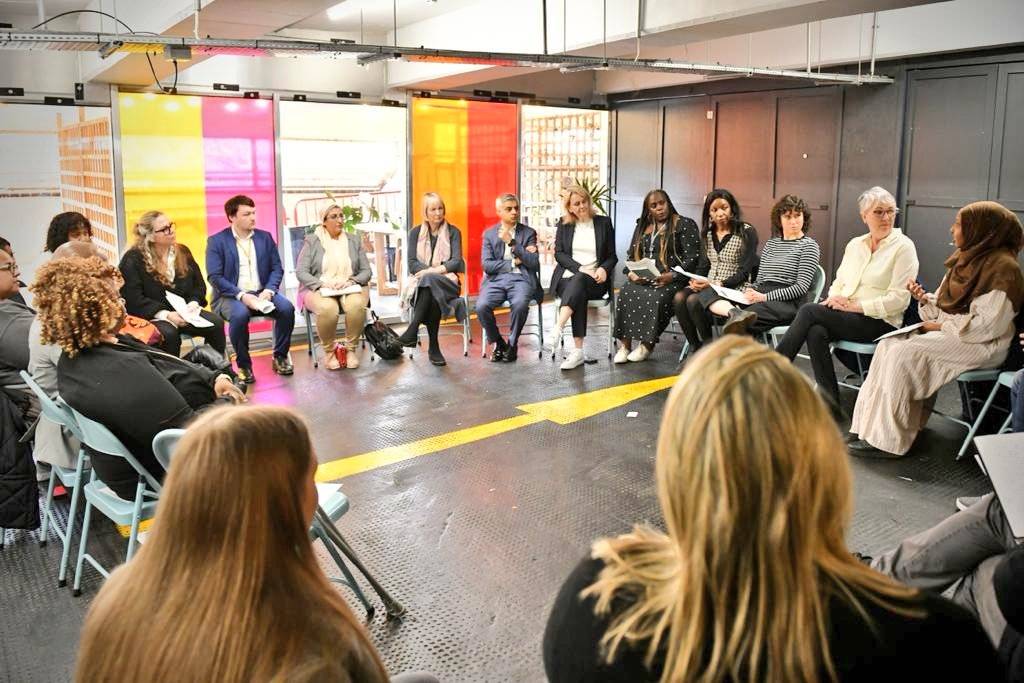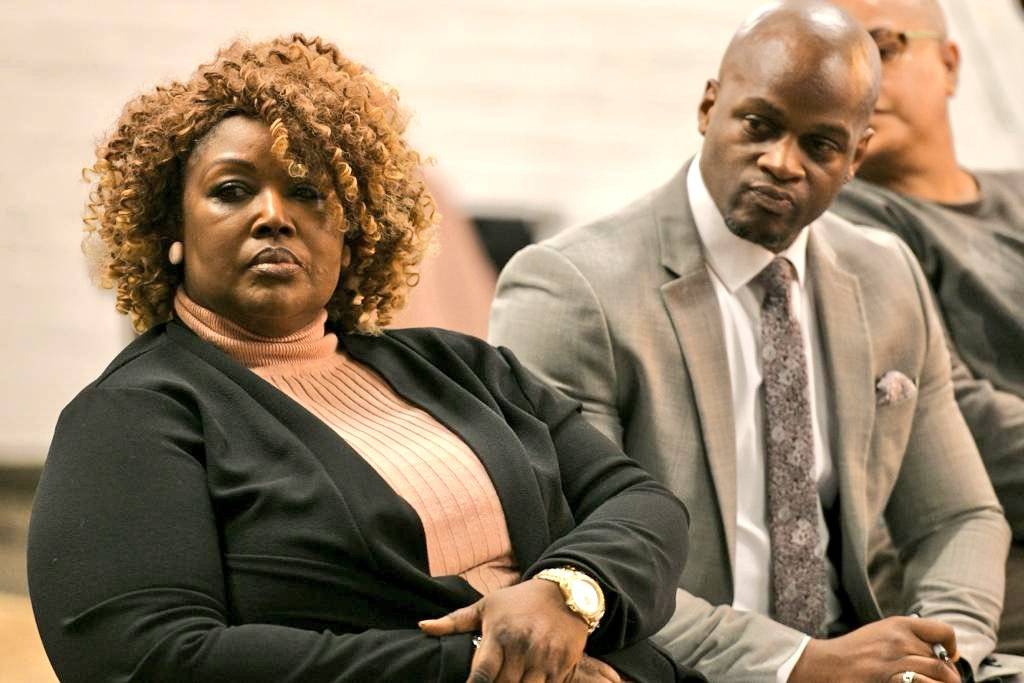Major new research, published by London’s VRU, found that immense shame and fear of criminalisation or the child being removed from the home has led to significant underreporting of attacks, abuse or coercive control of parents….reports Asian Lite Newsa
Mayor of London Sadiq Khan released a ground-breaking research commissioned by his Violence Reduction Unit (VRU) into a hidden harm – violence and abuse by children towards parents.
Major new research, published by London’s VRU, found that immense shame and fear of criminalisation or the child being removed from the home has led to significant underreporting of attacks, abuse or coercive control of parents.
Data reveals that at least 40 per cent of parents or carers who experienced violence by their children between 2011 and 2020, refused to report it. However, research shows the scale of the issue – known as Child/Adolescent to Parent Violence and Abuse (CAPVA) – is likely to be much greater than reported figures suggest, and frontline practitioners working directly with families have warned they expect it to continue to increase.

“I’m determined to tackle all forms of violence in our capital and keeping Londoners safe will always be my top priority,” said the Mayor. “That’s why I welcome this major new research commissioned by my Violence Reduction Unit, which shines a light on a form of hidden harm. It’s crucial we have a joined-up approach to tackling this issue because I want all Londoners, including parents and carers, to have confidence in reporting concerns so that services can intervene much earlier and provide the support families need and deserve.
Research, carried out by Ecorys was commissioned by the VRU to shine a light on the true scale and nature of CAPVA in London, and interventions and support for both young people and families. It found that there is no standard definition of CAPVA, which means children under-16 are treated as adult perpetrators of domestic abuse. As a result, opportunities to better understand drivers of behaviour and to intervene are minimised, or lost.
The report reveals that there is a lack of awareness amongst parents, carers, young people and even professionals about CAPVA, leading to an inconsistent and patchwork provision of support available for families and a lack of understanding about how to access it.
Research shows that some services provide support for the parent, while others focus on the offending behaviour and a criminal justice response. It demonstrates a significant gap in provision across London, and the country, as no single agency has responsibility. As a result of a lack of coordination, services are not joined up and further opportunities for early intervention are missed.
Frontline practitioners interviewed said that exposure to domestic abuse in the home, either through experience or witnessed, was one of the potential drivers of CAPVA and may also lead to boys displaying misogynistic behaviour or violence with female family members and in their own relationships.
The Mayor launched a hard-hitting campaign last month which highlighted the importance of tackling and rooting out misogyny as a driver of violence against women and girls. It demonstrates that a culture of casual sexism and misogyny, if left unchecked, can create an environment in which abuse and violence is more likely to happen.
Parents and carers affected by violence, highlighted the need for early intervention as soon as warning signs appear, rather than at crisis point.

The findings include:
@ The majority of CAPVA cases involve boys in late adolescence and their mothers, and is most likely to be physical violence
@ Parents/carers interviewed said they only contacted the police at crisis points when they felt they had no other choice and were afraid for their physical safety
@ All parents/carers affected said they had experienced multiple incidents of violence before reaching crisis point
@The number of reported incidences fell after 2018, but began rising slightly during the first national lockdown from March-June 2020 in response to the COVID-19 pandemic.
Today’s report outlines 10 recommendations for the VRU to help address this, using its partnerships and networks across London to help facilitate and coordinate a joined-up approach from all services.
The term ‘Child to Parent Abuse’ is something more and more families are becoming familiar with. Although many people are unfamiliar with this, worryingly for many families it is their children that are using violent and abusive behaviour in the home directed at parents or caregivers.
Spitting, hitting, name calling, destroying property, threats of violence – not only towards a parent but directed at siblings or themselves, causing parents to ‘tread on eggshells, change how they parent for fear of what may happen, or to be frightened by their child.
Parents feel huge shame around this behaviour; they feel judged and blamed for how their child behaves towards them. It is a hugely isolating issue, with parents feeling unable to talk about what is happening or seek support.
Leave a Reply